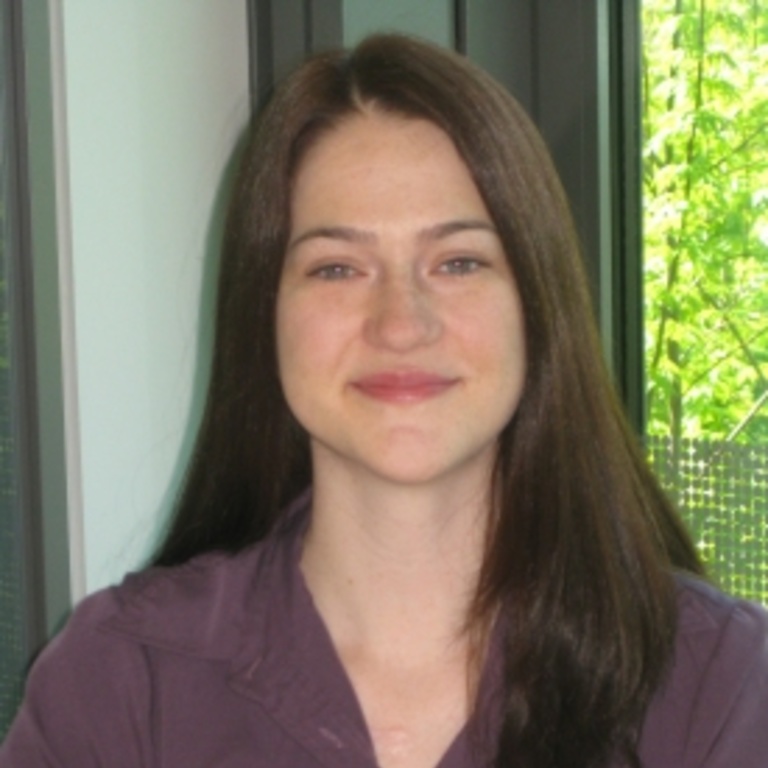Florence Williams, Ph.D.
Work in the Williams lab can be roughly separated into three main foci: boron-mediated organic transformations, green and bioorthogonal cross-coupling, and neurotrophic small molecules.
Our boron-mediated chemistry involves using the strong coordinating and activating characteristics of boron Lewis acids to cleave alkyl C-O bonds and to coordinate to oxygenated functionality for directed transformations. Boron Lewis acids are typically non-toxic after simple aqueous workup and are easily removed from the final product, making them attractive reagents.
We are also pursuing the design and optimization of palladium catalysts for cross-coupling reactions that are performed in neutral protic conditions. Traditional cross-coupling reactions typically use organic solvents, strong bases, and elevated temperatures. In an effort to access both greener coupling conditions and to be able to modify biomolecules such as proteins (which can be sensitive to reaction environment), catalysts are designed based on first principles to accelerate these reactions in milder conditions.
Finally, as neurodegenerative diseases such as Alzheimer's, Parkinson's and Huntington's disease increase in prevalence around the world, new strategies to halt or reverse disease progression are desperately needed. We are investigating the mechanism of neurotrophic (definintion: promoting the proliferation, growth or survival of neuron cells) small molecules in order to provide new insights into pathways of resistance to brain tissue degredation. It is our hope that such insights may light the way for new, more effective, therapeutic strategies.
Research Interests:
- Boron chemistry
- Nitrene Chemistry
- Organic Methodology
- Activation of Strong Bonds
- Bioorthogonal Cross-Coupling
- Chemical Biology
- Medicinal Chemistry
- Small Molecule Synthesis
- Neurodegenerative Diseases
